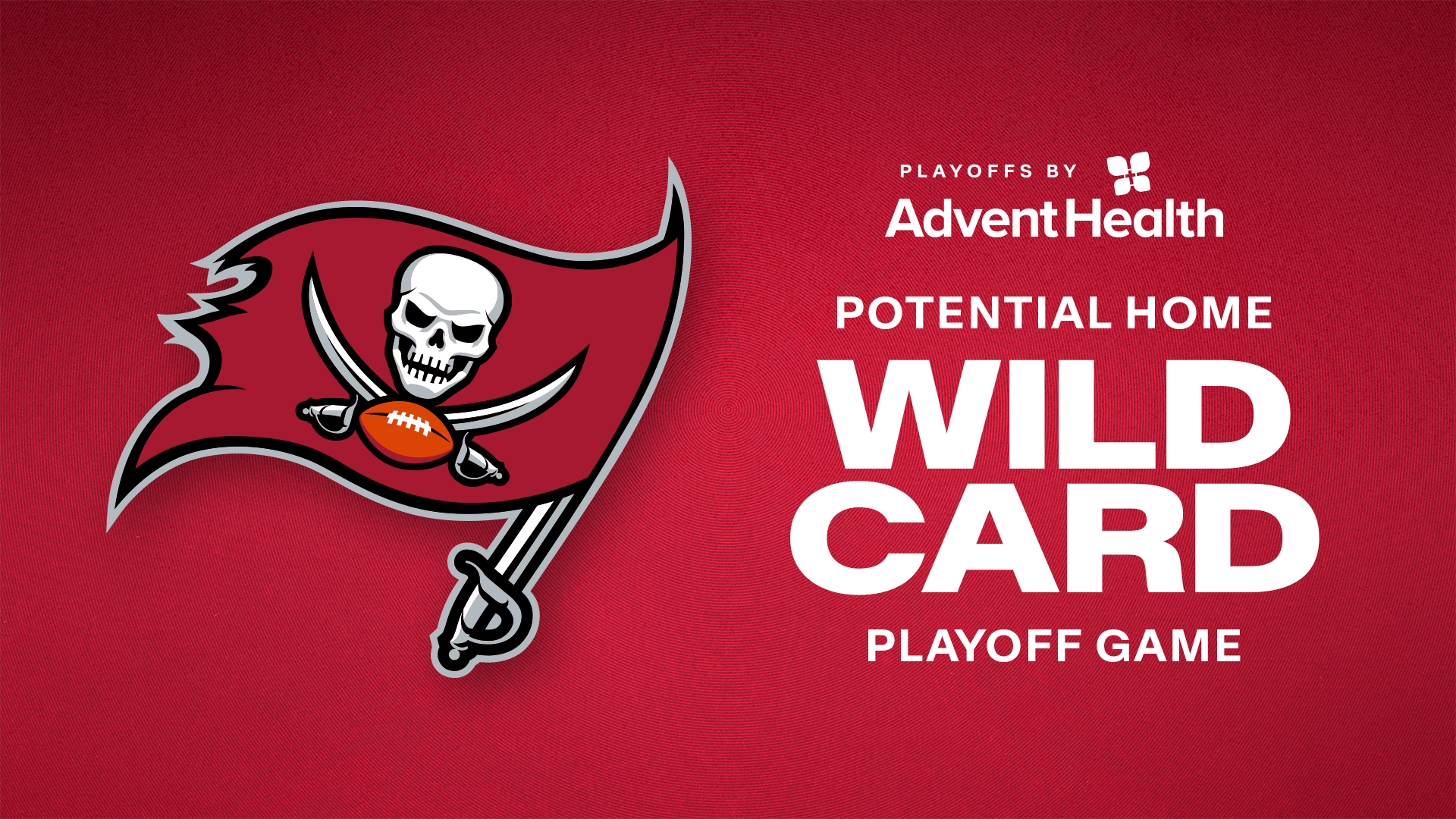RB Rabih Abdullah took on a greater role as a special teamer and spot runner in the second half of 2000
Three years ago this month, the Tampa Bay Buccaneers drafted seven players, five of whom were still playing with the team last season: WR Jacquez Green, CB Brian Kelly, LB Jamie Duncan, G Todd Washington and DT James Cannida. RB Rabih Abdullah signed on as an undrafted free agent the day after the draft and has also kept hold of a roster spot since.
At the time, most of those players agreed to three-year contracts, pacts which set practically the entire draft class up for where it finds itself now, in the midst of restricted free agency. Though Duncan signed a new one-year deal just before this year's free agency period began and Green is still under contract, the other four remain on the open market.
That can be a bit deceptive, however. Last year, only four restricted free agents in the entire NFL changed teams. That number was pretty much right on target with the annual average; since the current collective bargaining agreement went into effect in 1993, 37 restricted free agents have switched teams in eight years, or 4.6 per year.
Restricted free agents rarely move to new teams because, by extending one-year tender offers, their original teams can lock up a right of first refusal, which allows the team to match any contract offer the player might receive.
Or, as the NFL explains it: Restricted free agents are players who have completed three accrued seasons of service and whose contracts have expired. They have received qualifying offers from their old clubs and are free to negotiate with any club until April 16, at which time their rights revert to their original club. If a player accepts an offer from a new club, the old club will have the right to match the offer and retain the player. If the old club elects not to match the offer, it may receive draft-choice compensation depending on the level of the qualifying offer made to the player.
Generally, teams make qualifying offers to valued players that would lead to compensation equal to where the player was originally drafted, or better. For instance, the Bucs' tender offers this year to Kelly, Washington and Cannida would result in compensation of, respectively, second, fourth and sixth-round choices. Those draft picks are for the selection process about to take place on April 21 and 22, which is why restricted free agents are no longer on the open market after April 16.
However, what the tender offer system does lead to is a longer list of unrestricted free agents the next year. By accepting the one-year deal that his original team has put on the table, a player with three years of accrued league experience can guarantee that he will become an unrestricted free agent the next year.
Last year, the Bucs hit free agency with seven players in the restricted category: CB Ronde Barber, G Kevin Dogins, TE Patrick Hape, G Frank Middleton, QB Scott Milanovich, S Damien Robinson, CB Floyd Young. All eventually accepted the tender offers. Milanovich did not stick with the team in 2000, but the other six all played through the season on one-year deals and became unrestricted free agents this March.
So, judging strictly from the team and league history of restricted free agents and not from any word from the Bucs' player personnel department, it would seem likely that Abdullah, Cannida, Kelly and Washington will be back in 2001. That would appear to be a positive, as all four could be in for expanded roles this season.
Last year, Abdullah basically battled with Aaron Stecker to be the man that spells Pro Bowl scatback Warrick Dunn. Early in the season, Stecker's job as the main kickoff returner made him the primary backup. While Abdullah was inactive for four of the first five games, Stecker ran nine times for 26 yards.
However, Stecker relinquished that job to Karl Williams later in the season and was inactive for five of the last seven games. In that span, Abdullah ran 16 times for 70 yards. Abdullah also proved that he could fill the special teams role the Bucs wanted him to assume, making 16 kick-coverage tackles, good for fourth on the team.
This season, Abdullah could increase his value and his chances to remain active each week by learning the fullback role. The Bucs also lost one of their top special teamers, LB Don Davis, to the Rams, so returning veterans who can cover kicks will be very valuable to Special Teams Coach Joe Marciano.
Last August, Cannida was one of the factors the Buccaneers considered when making the surprise move of cutting then-starter Brad Culpepper. The team's primary motivation was its desire to get former first-round pick Anthony McFarland into the starting nose tackle role, but they also felt that Cannida was ready to play more and give the team the necessary depth at defensive tackle.
Indeed, Cannida, who had played in just 12 games during his first two seasons, was active for all 16 last year. After recording just two defensive tackles during 1998 and '99 combined, Cannida pitched in with 13 stops and his first two career sacks last fall. With Tyoka Jackson, the team's other primary defensive tackle backup, still on the market as an unrestricted free agent, Cannida could enter the 2001 picture as the team's first man in behind McFarland and Warren Sapp.
Despite the recent re-signing of CB Ronde Barber, Kelly remains a pivotal figure in 2001. He was drafted in 1998 with thoughts that he could claim a starting spot fairly quickly, but that season corresponded with the breakthrough of CB Ronde Barber, who commenced to put a stranglehold on the right cornerback spot.
Barber's return would seem to keep Kelly in the role of nickel back and spot starter he has filled rather well for three seasons. Should he be needed to step into the starting lineup, Kelly has amassed enough experience in three very active seasons to give the Bucs' coaching staff confidence in his ability to handle the role.
Kelly has basically been the Bucs' nickel back for the past three seasons. Thanks to periodic injuries to the starters and to occasional games against teams using three wide receivers as a base formation, Kelly already has nine starts under his belt. He also owns 116 career tackles, three interceptions, three fumble recoveries and an excellent total of 35 passes defensed. Last season, Kelly started three games and contributed 47 tackles, an interception (returned for a touchdown in a win over Dallas), two fumble recoveries and 14 passes defensed
Even if he is not in a starting role, Kelly would remain an integral part of the team's pass defense if he re-signs. Like Abdullah, he would also become a more important figure on special teams, where he has made 17 stops in three seasons.
Washington is another restricted free agent whose role could grow thanks to unrestricted free agency. Frank Middleton, the Bucs' starter at right guard the past three seasons, and Kevin Dogins, who can play either center or guard and was briefly a starter at left guard near the end of 1999, are both unrestricted free agents. The uncertainty over their returns makes the depth Washington could provide more critical. Washington is also considered capable of playing either center or guard and could emerge as the primary backup at any one of three positions.
These four have one more week to explore the restricted free agent market, if they so desire, but it has not been an avenue of frequent address changes in the NFL. Should they return to Tampa Bay, as all of the team's restricted free agents did last year, they may find important roles waiting for them.
























